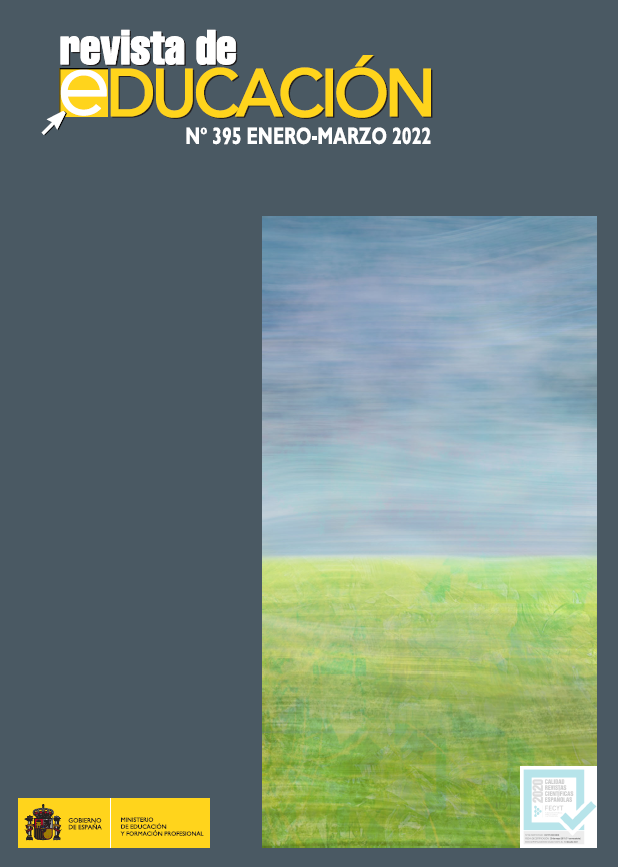The common and the public in teaching practices from the community funds of knowledge and identity approach
Main Article Content
Abstract
This article defends the principle according to which the common and the public in teaching practices require participatory processes, based on co-responsibility and co-design, between different resources, services, organizations and social, community and educational agents. The idea of community funds of knowledge and identity refers to culturally developed educational opportunities, accumulated over a period of time and socially distributed and mediated for the functioning, well-being, singularization and development of a region. Within the framework of diverse and well-positioned local educational ecosystems, this idea is illustrated from the theoretical-practical analysis of four example projects: the archaeological site of Soses (Ibéro de Gebut, Lleida), the petitsjovesactius.org web page, involvement in the arts by a primary school and, finally, a youth radio project to redefine relations between an institute-school and the Bon Pastor neighbourhood in Barcelona. The experiences analysed are presented as a hybrid between innovation and research, since they are oriented towards goals previously defined by the educational agents of the community (outside the school) consistent with their interests. At the same time, they are models that can be evaluated for the research in the context of their application. We conclude that certain characteristics and conditions favour the projects and educational experiences analysed. Among these, we noted that co-participation and co-design processes are necessary, which entails recognizing the set of educational opportunities, both inside and outside the school. That is, learning throughout life. Also, its experiential base, since these types of educational practices are characterized by acting, doing and experimenting, configuring a broad learning system in constant development.
Key words: community education, education and culture, school community relationship, funds of knowledge, funds of identity.

